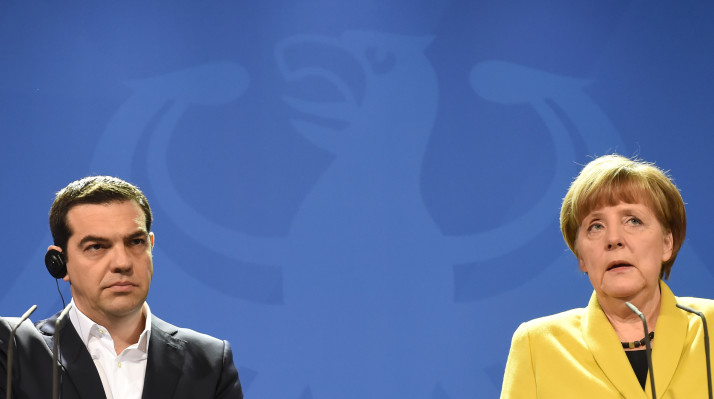Podcast: Play in new window | Download
Subscribe: Apple Podcasts | Android | Email | Google Podcasts | RSS | More
Greece continues to be in flux. Two weeks ago, the Greek people voted over 60% No in a referendum on further austerity. One week ago, the Greek government agreed to a new Memorandum in principle after an all-night negotiation, described at times as “mental water-boarding”. Finally, last Wednesday, the first pieces of enabling legislation were passed by the Greek Parliament with a large rebellion of Syriza MPs voting against the laws.
Since then debate has raged in and outside Greece about the future of the Eurozone, the political strategy chosen by the Syriza leadership and the future of this first government of the left in post-crisis Europe. This interview with John Milios is an important intervention into this debate.
John Milios is a long-time activist and prominent figure within Syriza. Until early this year, he was the party’s chief economic advisor. He is also a member of Syriza’s central committee and was one of the 109 out of 201 members of the central committee who signed a letter published last week opposing the new Memorandum. He is a professor of political economy and the history of economic thought at the National Technical University of Athens.




